If you are anxious about selecting nature-clean laundry detergents, know that I completely empathize with your predicament. There are a number of factors to take into consideration, including a wide variety of chemicals and perfumes, as well as sensitivity difficulties and other health issues.
These potent natural laundry powder detergent products, on the other hand, are more than capable of removing even the most tenacious stains, foul odors, and questionable components.
Why Should You Opt for a Non-Toxic or nature-clean Laundry Detergent?
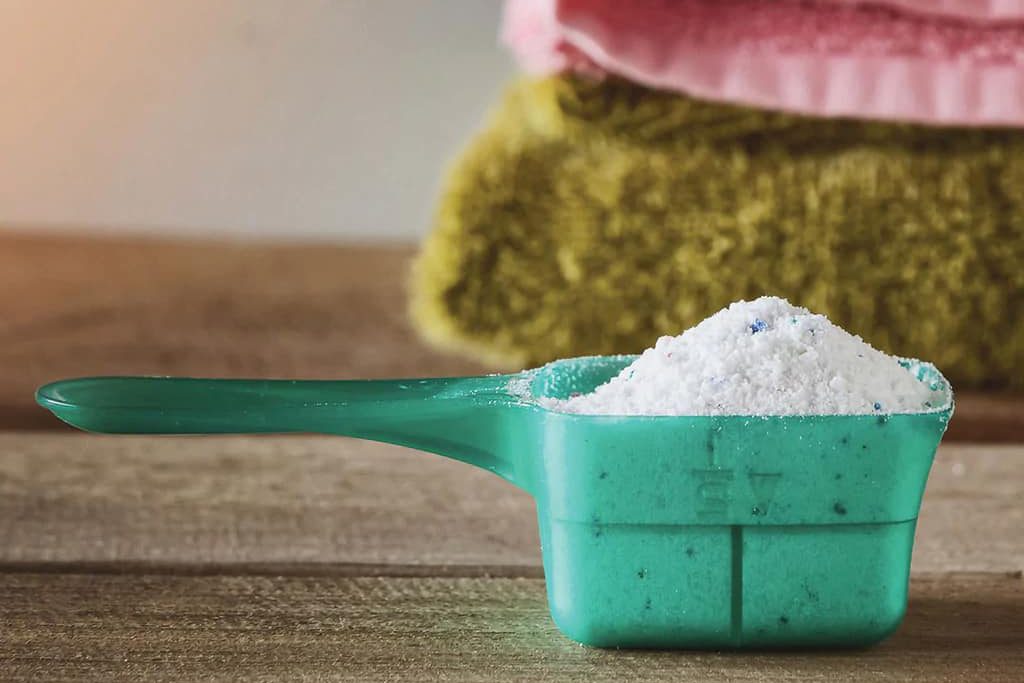
Selecting non-toxic laundry detergent is similar to finding “clean” beauty products or “blue” beauty products (or any of the many other concoctions we depend on every day). The key is to make the option that is best for both our health and the environment.
Concerns about the well-being of humans
You wouldn’t believe the amount of potentially dangerous compounds that are often included in traditional detergents, just as in everything else. Things like scents (and the chemical components of those fragrances that are not stated), synthetic dyes, surfactants, bleach, phosphates, and even dangerous bi-products like 1, and 4-dioxane are all examples of such things.
Even though we are aware that these components are hazardous to human health, they are nonetheless allowed to be used in goods that come into direct touch with our skin as well as the ecosystems in which we live, and they may be found on the shelves of our neighborhood grocery stores.
Take a surfactant like petroleum distillate as an example; this substance is also known as naphthas. It has been shown that they are harmful to the mucous membranes and lungs, as well as that they may induce inflammation, asthma, and perhaps even cancer. However, you wouldn’t know that based on the fact that they are still used to a significant extent in standard laundry detergents.
There is no need to report some of these potentially hazardous substances at all. Take 1, 4-Dioxane. Because it is not an ingredient but rather the chemical by-product of a procedure that is utilized throughout the production process (ethoxylation:

an economical shortcut that firms use to generate softer, sudsier detergent), manufacturers are not obligated to declare it on product labels. despite the fact that there is a high probability that it is carcinogenic and that it is the result of decision-making on the part of mainstream brands.
The hundreds of chemicals that are used in fragrances that are meant to scent our clean laundry do not have to be revealed either since they are considered to be trade secrets in the respective industries.
Ecological concerns
When they make their way into our rivers, the myriad of chemicals that are included in conventional detergents pose a risk to the aquatic life there. When present in excessive amounts, the phosphate that is often found in laundry detergents has the potential to cause eutrophication, which totally destabilizes aquatic ecosystems and, in some instances, makes them stinking and dead.
Conventional detergents may leave a sizable imprint on the environment throughout the manufacturing process since their manufacture is not conducted in a sustainable manner.
Conventional items, such as plastic packaging and chemicals generated from petroleum, as well as the energy sources that are based on fossil fuels and are utilized to power activities, leave a lot to be desired. Not to mention the wasteful and reckless usage of valuable resources like water as a result of this.
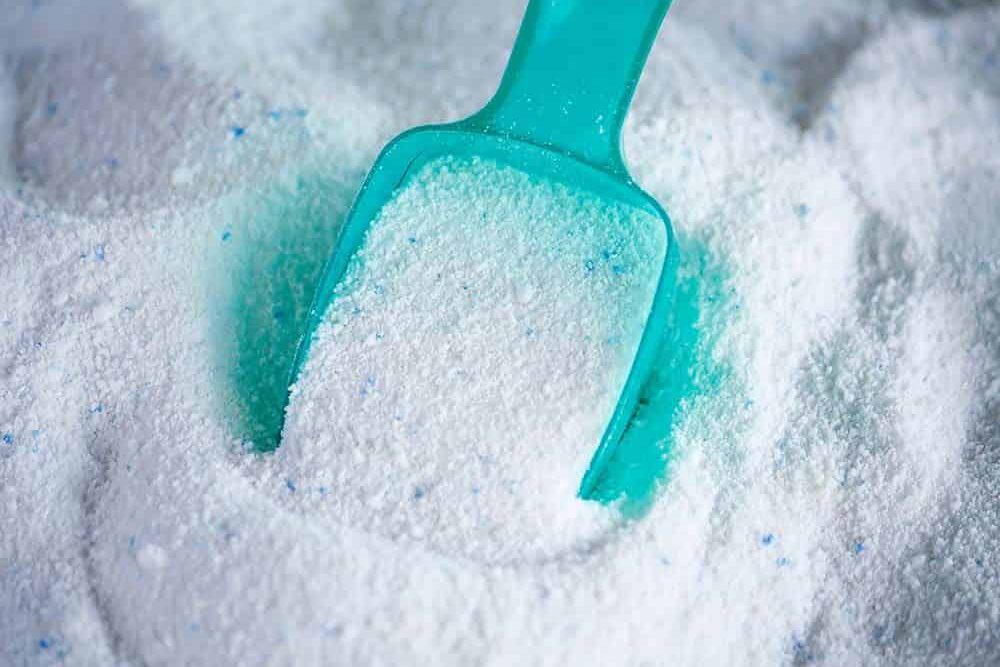
Choosing companies that are ethical in their production and distribution of goods is thus our best chance on several fronts.
Better goods are now easier to get than in the past. These products range from plant-based laundry detergent to all-natural alternatives to bleach and waste-free cleaning to environmentally friendly refillable cleaning solutions. You’ll understand exactly what I mean after you look at some of the most reputable natural laundry detergent products that are discussed in this post.
How we choose the most effective organic washing detergent
Before we get into some of the brands that I recommend for better laundry detergent, let’s have a look at the factors that I take into account when selecting these brands; all of these are things that you should keep in mind in order to make well-informed decisions for yourself.
Even in this area, we need to be on the lookout for companies that are marketing their goods as environmentally friendly when, in reality, they are not taking any steps to improve the environmental impact of their products or our daily lives.
Look for detergents that are devoid of phosphates and dyes, are biodegradable, and are either manufactured entirely of natural chemicals or are sourced from natural sources when you are shopping for laundry detergent. We want to make sure that we steer clear of the long list of potentially hazardous compounds that are included in traditional goods.
Because switching to cold water when we wash our clothing helps to minimize the amount of energy that is used and the carbon footprint that is left behind by using washing machines, I make it a point to find formulations that are also effective when used in cold water.
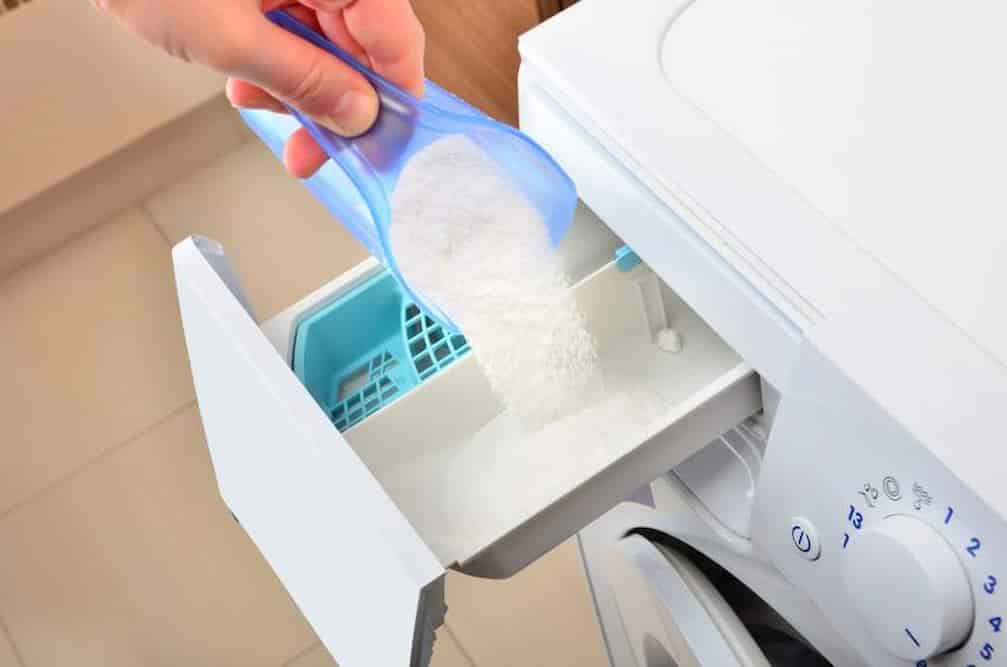
Concentrated formulae are ideal since they need less packing than less concentrated alternatives.
It is recommended to avoid using plastic packaging and instead search for alternatives that can be biodegraded. Nevertheless, it is best to shop at your neighborhood natural food store if you bring your own container that you can reuse. They most likely have some of the finest natural and non-toxic detergents on the market, including at least one fragrance-free alternative.
It is also in your best interest to shop at stores carrying companies that produce their wares as close to us as is practically feasible. Since I am now located in Canada, I give preference to goods that are produced in Canada.
I usually make it a point to look out for cruelty-free goods that are also vegan-friendly and are manufactured with organic components whenever I can.
Because of problems with its source, palm oil should be avoided at all costs in a world where responsible sourcing is a top concern. Therefore, consumers place a high value on companies that do not use palm oil and make it a priority to get their ingredients and other materials from reputable and sustainable sources.
Both the ECOCERT certification, which checks social and environmental claims, and the EWG certification, which focuses on avoiding dangerous chemicals, are both helpful certifications to look out for in this context.


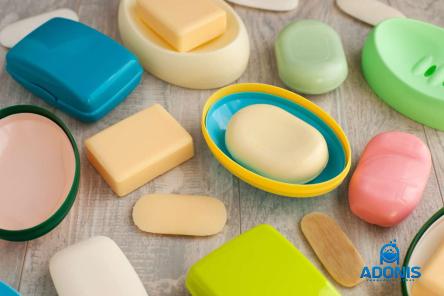
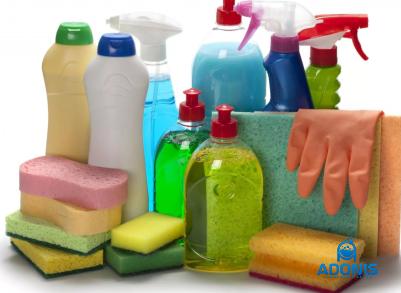

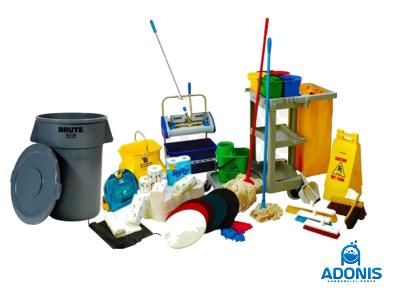
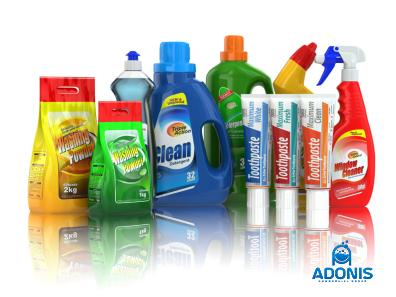
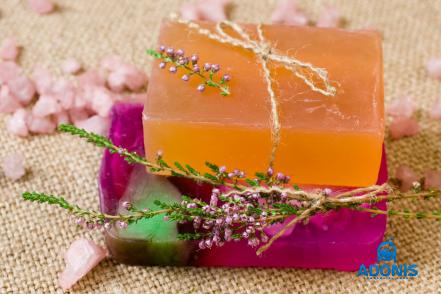
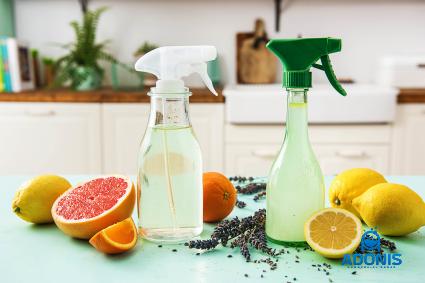
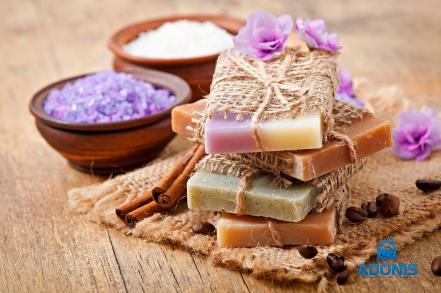
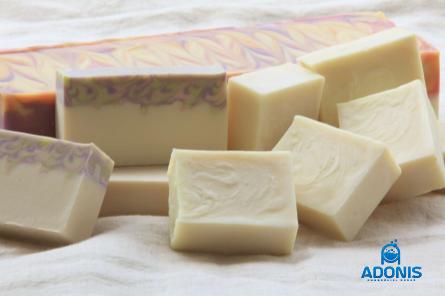
Your comment submitted.